
Developer: Allen Trivette, Lee Williams
Publisher: Night Dive Studios
Platform: PC, Mac, Linux
Spirits of Xanadu – Review
We’ve had our fair share of space transport gone bad these last couple of years. Dead Space’s Isaac has been battling the Necromorphs ever since he was sent to the Ishimura, while Alien: Isolation had Amanda Ripley investigating the Sevastopol. In both cases, these space ships turned out to be quite the handful, pitting our protagonists against murderous horrors as they investigated exactly what went wrong on the vessels.
Spirits of Xanadu starts out with a similar premise. Players are tasked with getting on board a derelict space craft to fix whatever went wrong in there. That’s it. There is no sense of handholding here, even to the point where we had to restart the game two times before finally realising that the game wasn’t supposed to be pitch-black. There was a flashlight on the table in the first room, which for some reason we had missed in the first two runs. Rest assured, our face was palmed. At least now, we could enjoy Spirits of Xanadu for the creepy mind-, let’s say “-loving”, it had in store.
Story
Hearkening back to what gaming veterans sometimes refer to as “the golden age,” Spirits of Xanadu tells its story only to those who want to listen. Instead of disruptive cutscenes or mandatory walls of text, the game is littered with all sorts of collectibles, like letters and audio files – on a floppy disk. The game takes place in an alternate reality, where 1980’s technology is combined with all kinds of futuristic goodness.
Even the enemies can be categorised as being both retro and futuristic, as they are all old-school robots. The further you go, the more hints you get that these motorised hunks of metal are to blame for whatever went wrong with the ship. This investigation soon leads to an array of disturbing findings throughout the vessel, however, reminiscent of games like System Shock 2. The robots themselves might not be all that scary, but the psychological horror is very tangible here, constantly urging you to second guess what you have just seen or heard.
Graphics
Whereas most modern games tend to either go for unprecedented graphical prowess or the exact opposite with pixelated retro graphics, Spirits of Xanadu manages to stand out with its ironically bland texture mapping. Especially during the first few minutes, it feels as though you’re walking through the product of a pretty fresh 3D modelling session of an IKEA gathering. Sure, the tight forms are there and they’ve been coloured in – one colour per surface – but that’s about the greatest amount of detail there is to find.
Later on, however, there are rooms that contradict this very feeling. These are filled to the brim with small jars, engine pieces, pens, pencils and other accessories that seriously liven up the place. That is, until you venture out into the blank hallways again. The same thing goes for the robots that are aiming to kill you. Their sheer power will put you on the edge of your seat whenever you encounter them, yet their looks and attacks are very simplistic. This visual style will definitely divide players into two camps, as not everyone will be swooned by the sometimes bland, yet effective imagery.
Sound
While the visuals look too simple for some, its sound design really stands out. Sound is the most important factor in creating a stellar psychological horror title, trumping graphical fidelity, and it just so happens that this is where the game truly shines. This is true for the tell-tale signs of enemy presence, but we tip our hats especially to the voice actors. All of them have performed admirably, rendering the audio tapes of their characters very believable and therefore a joy to hear.
Gameplay
As with its graphics, Spirits of Xanadu’s gameplay is pretty simplistic. Your character gets a gun and a flashlight (with unlimited battery life) at the start and without any other objective than “fix the ship,” you’re left on your own to find your way and discover what needs doing. We’ve commended the game’s sound already, though, so make sure you’ve got it turned up because occasionally, the ship’s intercom subtly mentions where you should go next. It’s a good thing that it does this in a believable way so you never get drawn out of the experience.
Essentially, this title is a first person exploration and shooter game. You’ll run around, opening doors, closets and drawers while looking for the items you need to fix the ship. When you encounter robots, there’s really nothing more to it than using your most basic shooter skills to kill them before they get you. After a while, humanlike droids start to run at you so you need to show some kiting skills, but it never gets more difficult than that. In other words, you’re not playing this to show off your FPS skills, but it does provide a bit of welcome variation to break up the exploration theme.
However, all of this changes once you realise something rather important: death doesn’t matter. Every time you die, you respawn without any penalties attached to this. All enemies you killed stay dead, everything you’ve found stays with you and you might even have fast travelled in the direction of your next objective. From the moment you discover this, it becomes irresistible to just run into a set of enemies, guns blazing, until a kamikaze-bot blows you, itself and everything around you to bits. A few seconds later, you will respawn, but all other casualties will never be heard from again.
Conclusion
Spirits of Xanadu might leave you in one of two states. Firstly, it is possible for players to feel massively underwhelmed by the lack of adrenaline rushing action and the at times rather bland visual style. Secondly, they might be enthralled by the game’s more disturbing moments, its ear piercing sound design and the wealth of collectibles through which the story slowly unravels. However, even the second group will eventually be torn out of the horror experience as death isn’t just not final, but can even have helpful effects. What should have been a great couple of terrifying hours is now just a collection of exploits where it is almost impossible to do something wrong. Our hand not being held has never felt so hand-holding.

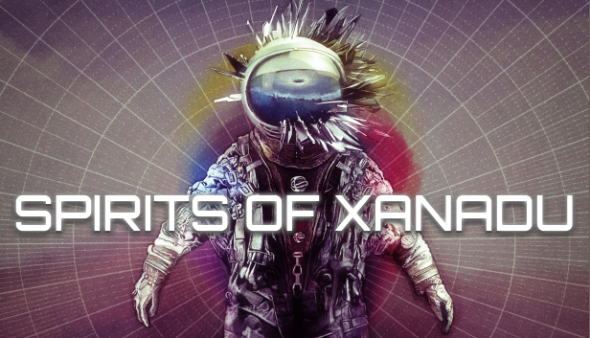
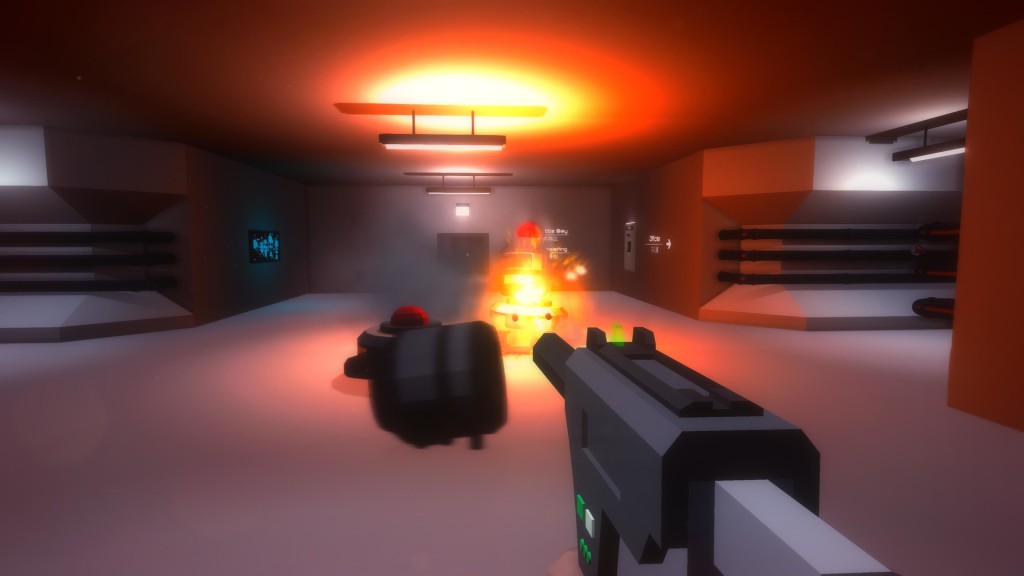
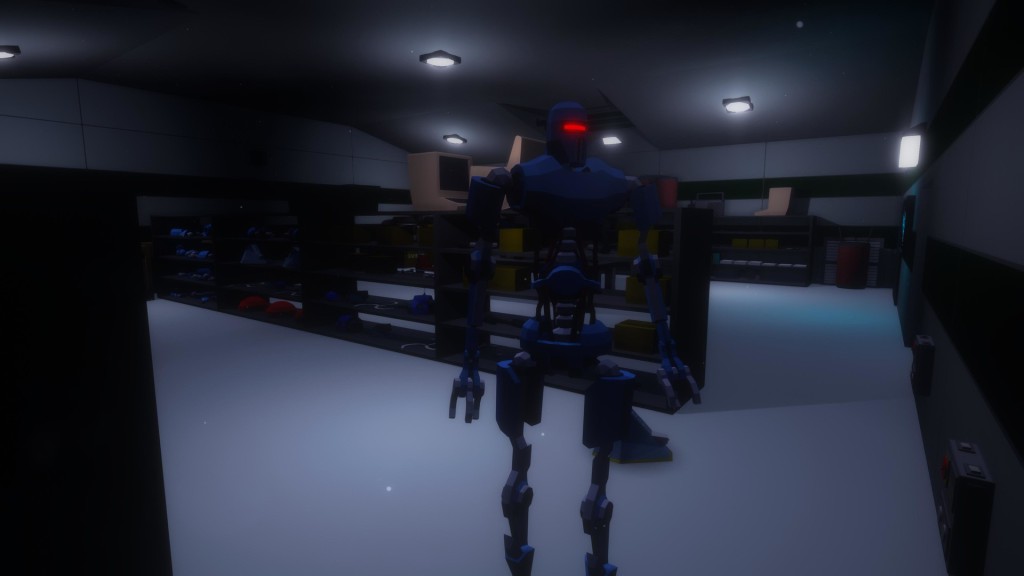
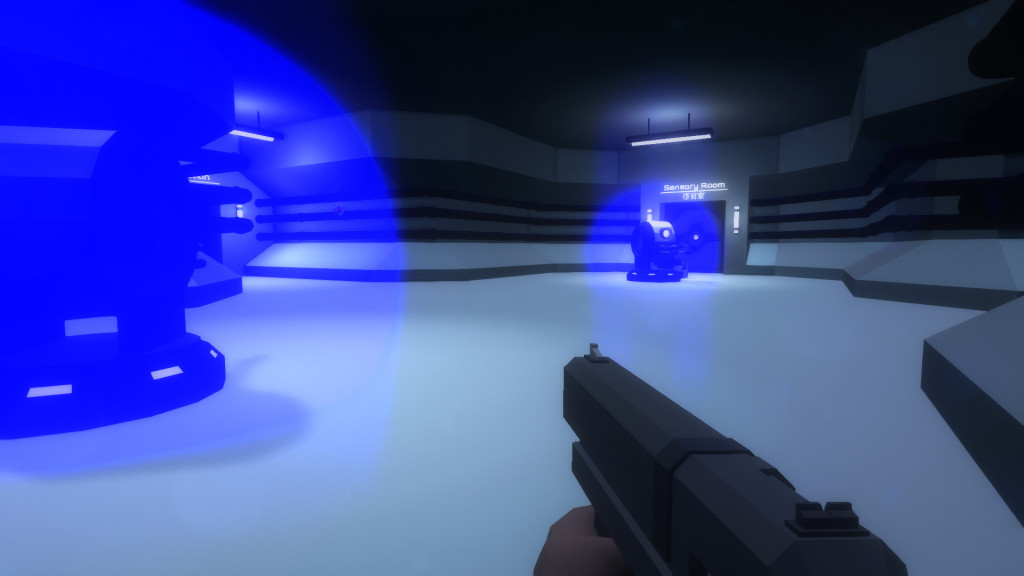
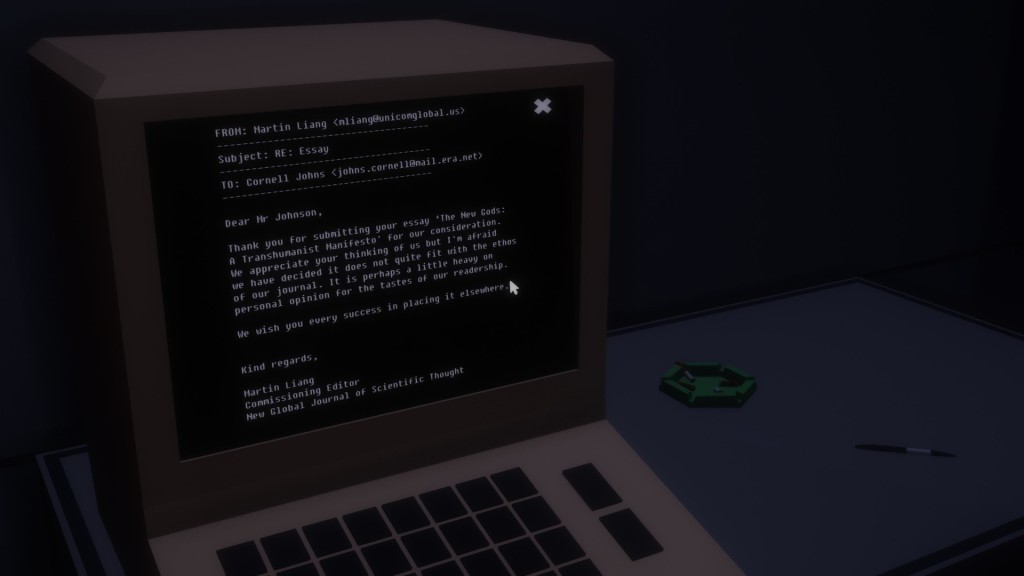




No Comments